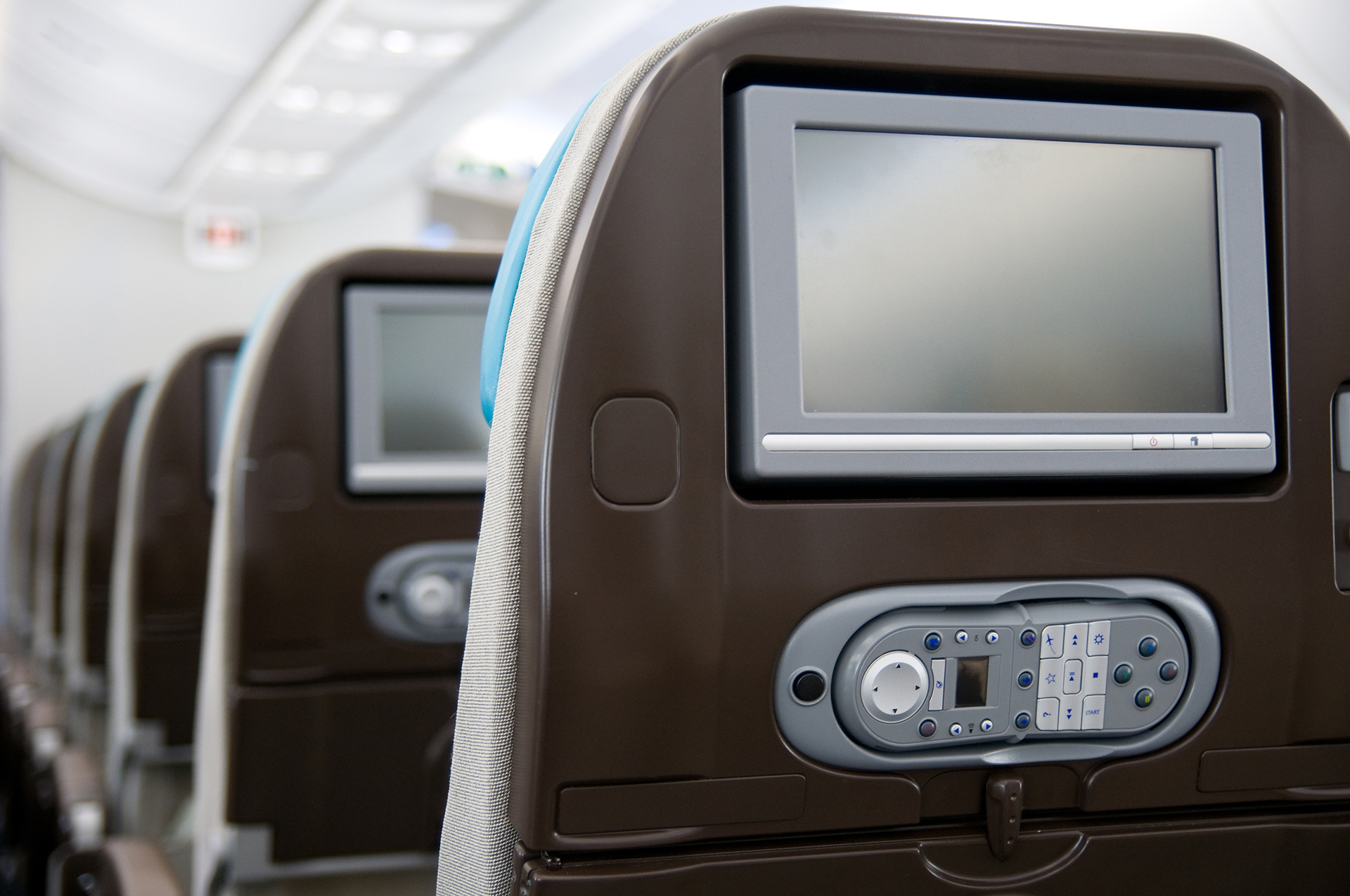These last few days have been among the most frustrating of the year. The discovery of a new coronavirus variant in South Africa—Omicron—has panicked governments into once again restricting or entirely removing the freedom to travel.
After nearly two years of dealing with COVID-19, we should have progressed beyond these knee-jerk, uncoordinated, Pavlovian-like responses, to recognize that the virus is well on its way to being endemic. Public health officials tell us that we should expect variants to emerge. And by the time they are detected, the reality is that they are probably already present around the globe.
That is what is happening now. We are already finding Omicron in parts of the world far from South Africa, where it was first identified. Travel restrictions are not going to stop the spread. And they will do real harm to people and economies.
You would expect me to say that. So, let me borrow the voices of others.
- “It’s really important that there are no knee jerk responses here, especially with relation to South Africa. South Africa is picking up interesting and important information for which we are doing the proper risk assessment and risk management. We have seen in the past that when there is any mention of a variant then everyone is closing borders and restricting travel. It is really important that we remain open and focused on characterising the problem, not punishing countries for doing outstanding scientific work and being open and transparent about what they are seeing and what they are finding,” said Mike Ryan, Executive Director, World Health Organization.
- “Africa CDC strongly discourages the imposition of travel bans for people originating from countries that have reported this variant. In fact, over the duration of this pandemic, we have observed that imposing bans on travelers from countries where a new variant is reported has not yielded a meaningful outcome. Rather implementing PHSM (Public Health and Social Measures) should be prioritized,” Africa Center for Disease Control and Prevention.
- «These travel bans are based in politics, and not in science. It is wrong…Why are we locking away Africa when this virus is already on three continents?» said AU vaccine delivery alliance co-chair Ayoade Alakija.
- «There is very little utility of these kinds of bans…Unfortunately, from what we know about the epidemiology of SARS-CoV-2 and the epidemiology of this variant, the horse has probably left the barn,» said, Saad Omer, director of the Yale Institute of Global Health.
- “Travel bans don’t work. They end up stigmatizing a country. So the countries that isolated this virus and reported it are now going to get penalized for being transparent. What is the implication there for future variants if people get punished this way with travel restrictions? And we have tests, we have tools. So, it’s not as if we are helpless the way we were back in January of 2020. I don’t think travel bans should be initiated or even be on the table,” said Amesh Adalja, senior scholar, Johns Hopkins Center for Health and Security
- “With the Omicron variant now detected in several regions of the world, putting in place travel bans that target Africa attacks global solidarity. COVID-19 constantly exploits our divisions. We will only get the better of the virus if we work together for solutions,” said Dr, Matshidiso Moeti, WHO Regional Director for Africa.
These are not people or organizations that are sentimental about flying or have any vested interest in the airline industry. They are public health experts who understand that after the initial outbreak, travel restrictions have very little impact on virus spread. And the last two years have demonstrated that they are correct.
International travel all but stopped in April 2020; and the virus spread despite the assurances of our political leaders that banning travel would control it. To date, over 260 million people are known to have been infected. Many more cases are probably unreported. Meanwhile, the human and economic cost of de-connecting the world may never truly be calculated.
So, it is beyond frustrating that in their response to Omicron, governments are ignoring good sense yet again.
To be clear, I am not advocating for inaction. We need to do things that matter.
- Proven personal hygiene measures like hand washing, social distancing and mask-wearing are things we all must do.
- Earlier this month, IATA released a Blueprint (pdf) to help guide governments in safely re-opening their borders with data-driven decision-making. This includes a consistent set of health protocols and screening measures to facilitate travel while protecting public health.
- And we cannot forget that contact tracing is the most important tool for governments to control the spread once any coronavirus variant is detected in a community. This far into the crisis, it beggars belief that governments have not made more progress on this basic measure.
Lastly, governments must not lose sight of the endgame, which is making vaccines available to all. The appalling disparity that exists in vaccination rates between the developed and developing worlds cannot be ignored. Less than 10% of the African continent is fully vaccinated, while developed nations cajole their populations to take boosters. Planeloads of vaccines will do far more to tame this virus than travel restrictions can ever achieve.



